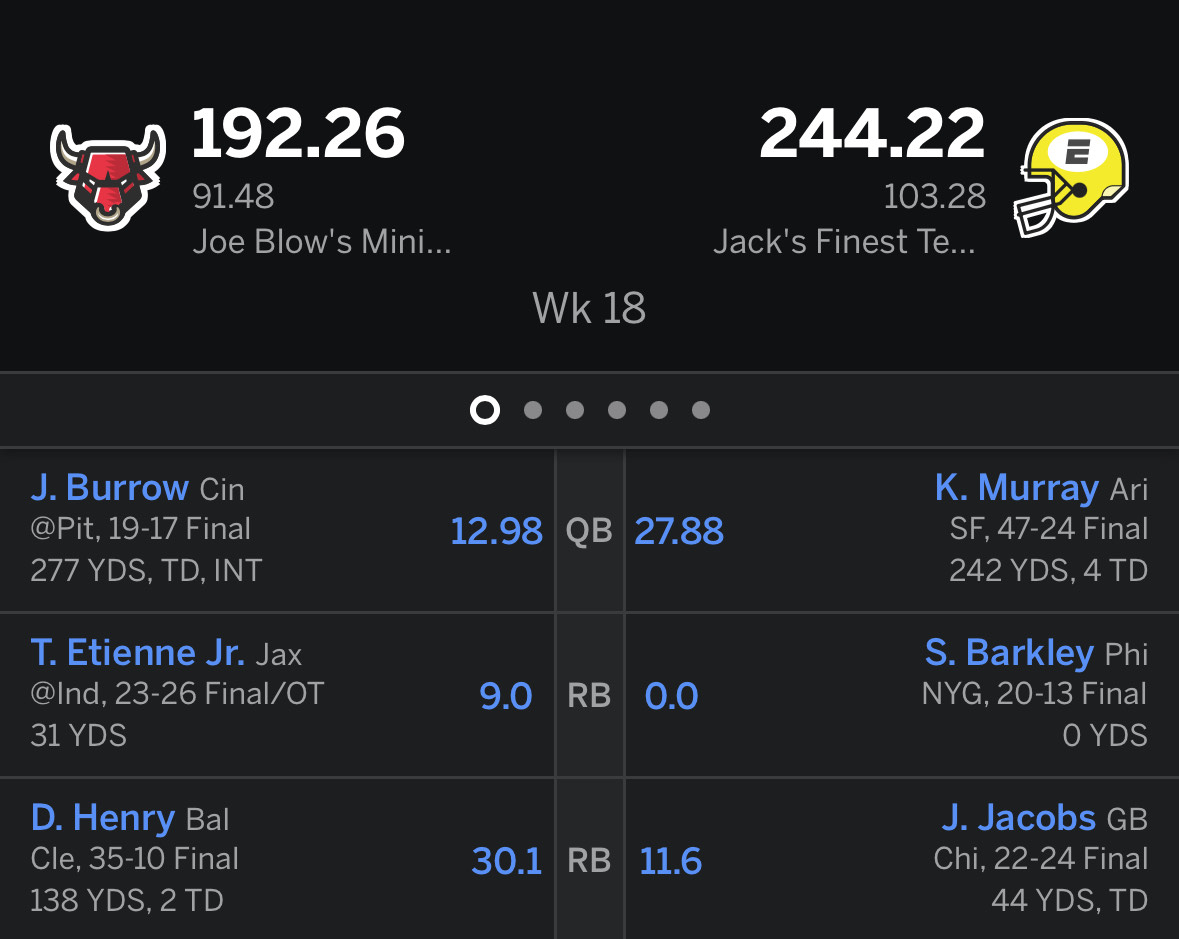The NFL has recently changed what defines a drug offense in their eyes, yet they have not made any strides in improving the ineffective punishment system they continue to use for these violations.
Before the 2014 season began, 28 players were suspended for NFL substance violations. Among these 28 were all-star wide-receivers Wes Welker (Denver Broncos) and Josh Gordon (Cleveland Browns). When stars like these are put in “time-out” for even two weeks, an entire season of hard work for the rest of the team can be ruined.
According to an Aug. 29 article on FoxSports.com, Gordon was suspended for having16 ng/ml of THC in his bloodstream, just one nanogram above the old NFL limit of 15 ng/ml.
Although he was originally suspended the entire season for marijuana use, the penalty was reduced to 10 weeks on Sept. 11 because of the new drug policy. Despite the reduction, the suspension is still not an effective way to punish Gordon or any other player. Fines, however are.
There is no justification behind the argument that one nanogram of anything should equate to a full season suspension, or even the 10 weeks Gordon now faces. Gordon’s absence will have more of an impact on Cleveland’s offense than it will on his decision making. When game-changing players like Gordon or Welker are suspended, it is their team that suffers the consequences of the penalty, not the player in need of disciplining.
According to a Sept. 12 article on Yahoosports.com, Eric Winston, president of the NFL Player’s Association, thinks the change to the NFL drug policy is “historic moment for our players and our league,” that will “keep the game clean and safe.”
However, this “historic change” neglected to fix the fact that suspensions are still the consequence, and are ineffective. The punishment standards of a broken policy that had to be changed are the reason the NFL is punishing a team and a city for the actions of a single player. Even though the procedure was revamped, it will not be effective until the suspensions stop. Off field drug use—regardless of the amount—that does not enhance performance should not provoke an on field punishment. The NFL is not a police force. The American legal system should be handling any drug activities severe enough to cause a player to miss games, not the NFL.
According to a Sept. 4 NewEnglandSportsNetwork.com article, Welker ripped on the drug policy procedures calling them “clearly flawed,” and stating that he would do everything in his power to “ensure they are corrected.”
The current punishment procedure is ridiculous. It is excessively harsh, outdated and punishes the wrong people. The NFL needs to implement a system where the guilty athlete is not suspended, but rather fined enough to make the player truly sorry that he broke policy.
Many say these athletes make so much money that a fine is irrelevant. However the fix is simple; make the fine so large it cannot be ignored. The NFL should be able to create custom fines that are heavy enough to really show the consequence of drug use based on any player’s salary. After all, the whole point of this process is to deter drug use, and custom fines will allow innocent teams to go unpunished, while ensuring that the athlete learns a valuable lesson about the dangers of drugs.







